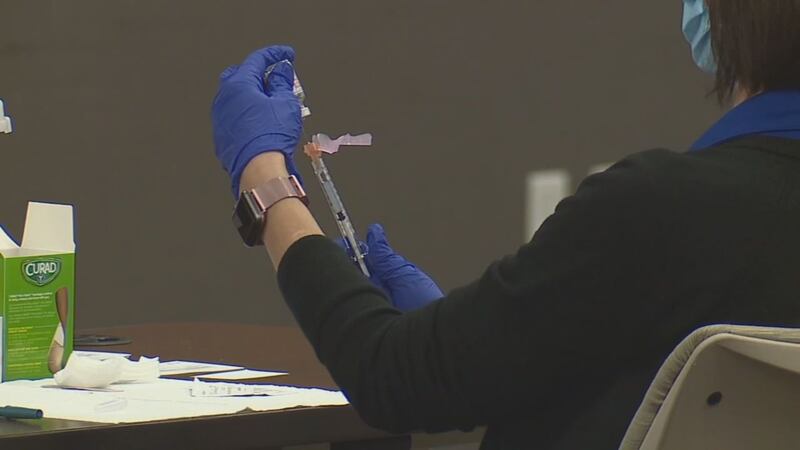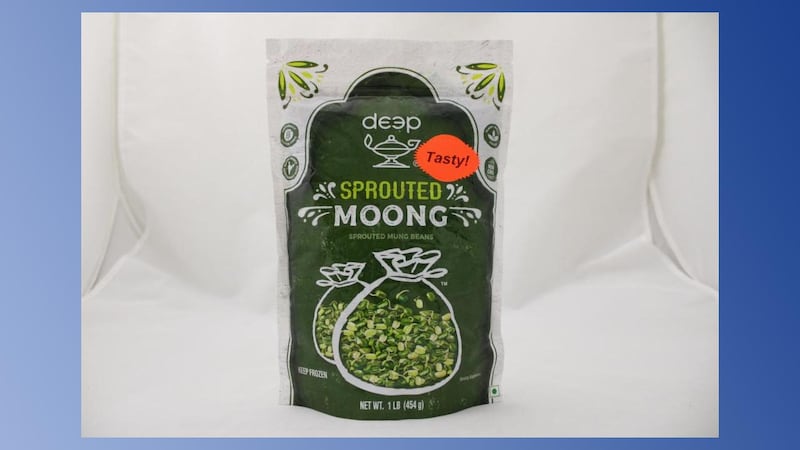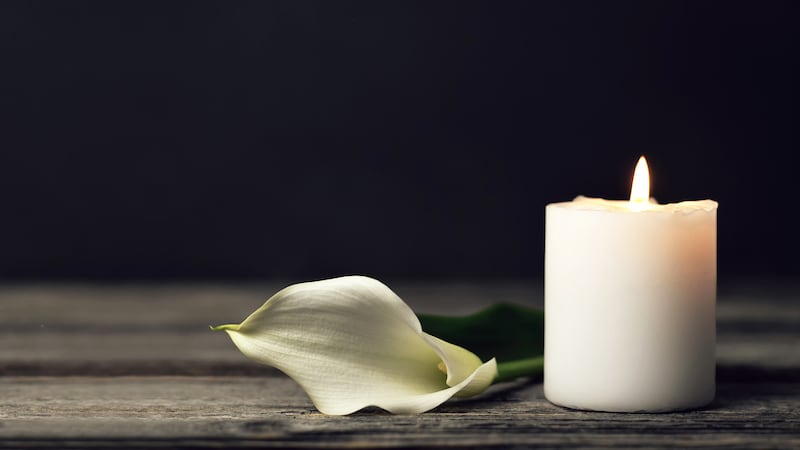ORLANDO, Fla. — Although the COVID-19 vaccine is highly recommended for transplant patients, there are some concerns that a compromised immune system might not develop antibodies.
Charlie Fink was among the top of the “extremely vulnerable” list. He received a new kidney about two years ago, and like many other transplant patients, he takes medicine that quiets his immune system to keep his body from rejecting someone else’s organ.
READ: ‘They may not have another opportunity’: Pandemic complicates care for transplant patients
Fink recently joined a Johns Hopkins vaccine study for transplant recipients.
“It’s like this little thing you stick on your arm that collects your blood, and they check it for antibodies,” Fink said.
Half of those in the trial received a Moderna shot, the other half got the Pfizer shot.
READ: Coronavirus: Transplant recipient dies after receiving COVID-19-infected lungs
And according to early results, about 20 days after their first shot only 76 of the 436 people in the trial showed antibodies.
That’s about 17%.
“My initial reaction was to be discouraged,” Fink said. “But I tried to temper that and remember that it’s only after the first shot.”
READ: Survivor: Woman with COVID-19 gives birth, gets new lungs
Dr. Nirav Raval, thoracic transplant medical director with AdventHealth, said transplant patients should not take these preliminary results as gospel.
Raval said there’s a good reason the vaccine comes in two shots.
“We are recommending that we that they get the vaccine as directed with the two vaccines. Then we could potentially look for antibodies, or whatnot, afterwards should that become important,” Raval said.
READ: UF Health one of few hospitals performing double-lung transplants for COVID-19 patients
Fink said he doesn’t know his own results yet. But he just received his second shot a few days ago and intends to do another antibody check for the study in three to four weeks.
Fink said he’s seen a lot of discouraged people in Facebook groups for transplant patients, and hopes his contribution will help with the emerging science.
“We’re still gonna be cautious, but I think we kind of see the light at the end of the tunnel,” he said. “And I’m hopeful that this study will lead to some better understanding.”
Raval said if the study shows similar results after the second shot they will readdress the next steps.









